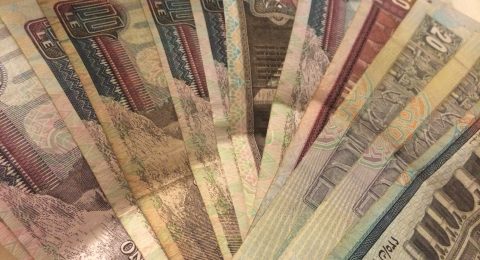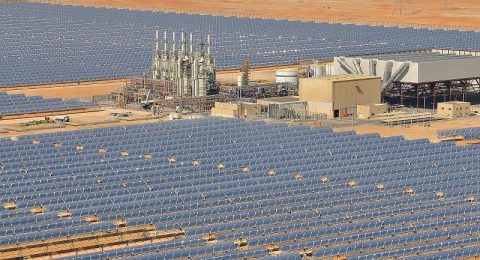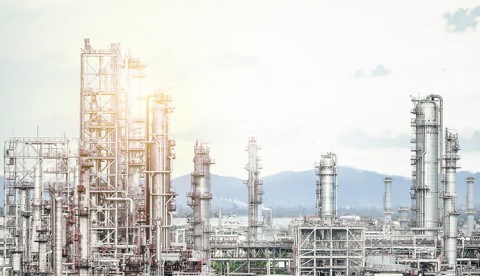The Ministry of Petroleum announced the stabilization of crude oil production at 695,000 b/d during the current fiscal year as foreign partners continue to reduce their exploration investments.
A government official told Al-Borsa that the sudden fall of Brent price for crude to around $44 a barrel, compared with $47 last past week, had contributed greatly to the decline of subsidy costs in the first half of the current fiscal year. Egypt is an oil-importing nation after all, which means any price decline also contributes to a decline in the budget deficit and an improvement of the financial position of EGPC.
The official also explained that the petroleum agreements with foreign partners allocate a share in the production to the government, at world prices, which began to collapse since last year, bottomed out at $44 a barrel. This stands in contrast to the situation with natural gas where production agreements determine the price of gas produced for the partner per million thermal units.
He added that Egypt’s crude oil production had not exceeded 300,000 b/d since 2012, adding that currently, domestic consumption is growing by about 5% per annum.
He also called on the Ministry of Petroleum to increase its supply of crude oil as much as possible during the current period in order to take advantage of the low price of Brent for the benefit of Egypt, and to refine oil to provide a portion of the petroleum products markets.
The official added that the major oil producing nations had increased their production to expand their share of the market, which led to the global price decline. Brent was around $100 a barrel during the first half of 2014.
Saudi Arabia’s insistence on increasing crude production and IS sale of Iraqi oil to world markets at low prices, as well as the removal of sanctions from Iran, almost guarantees that prices will continue to fall.
Supply currently far outstrips demand, he said, noting that this represents a windfall to importing nations but a catastroph for exporting ones.












